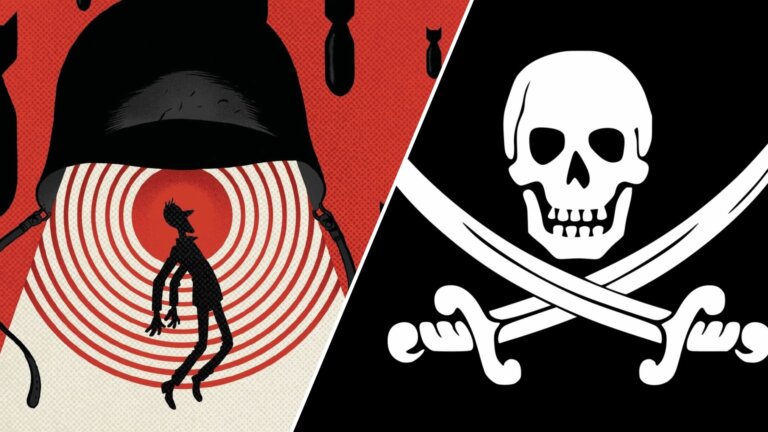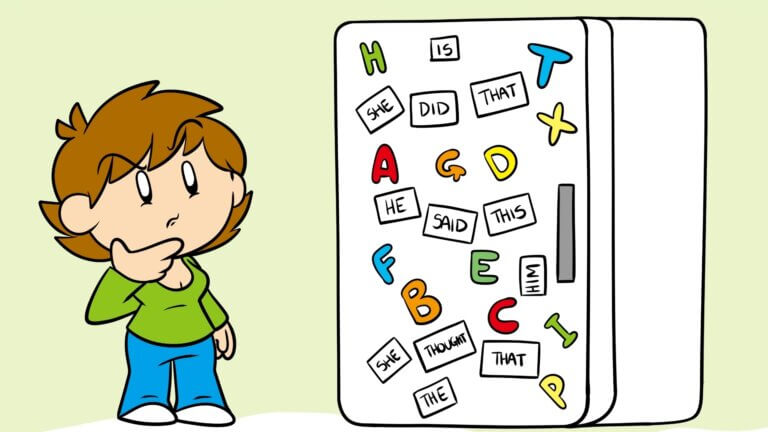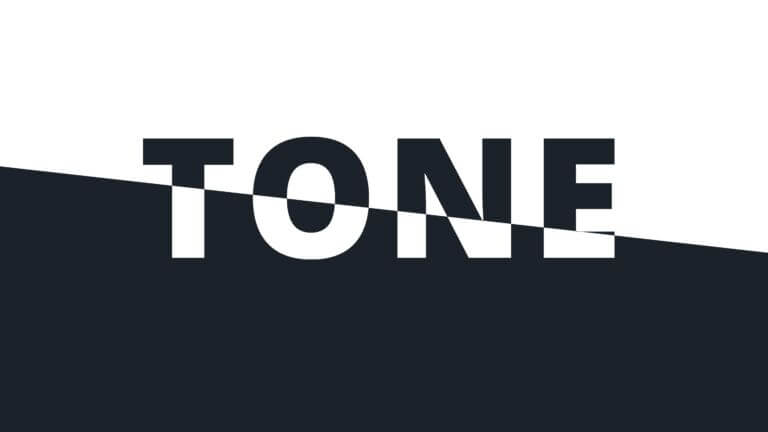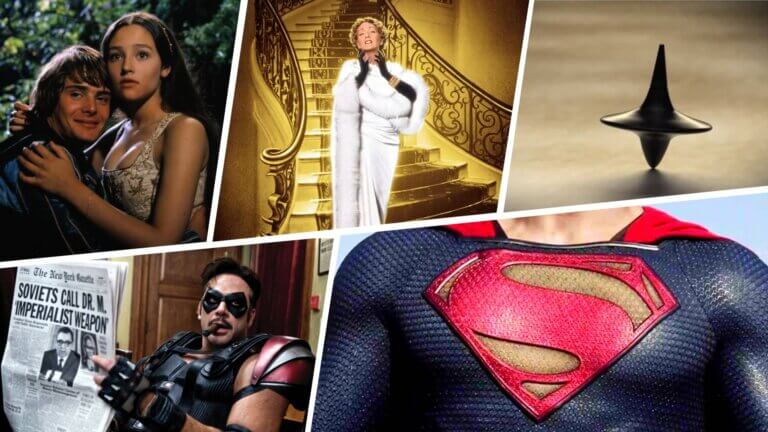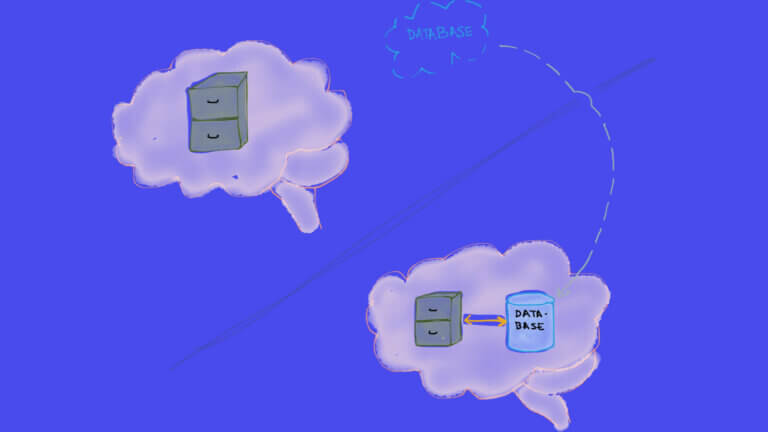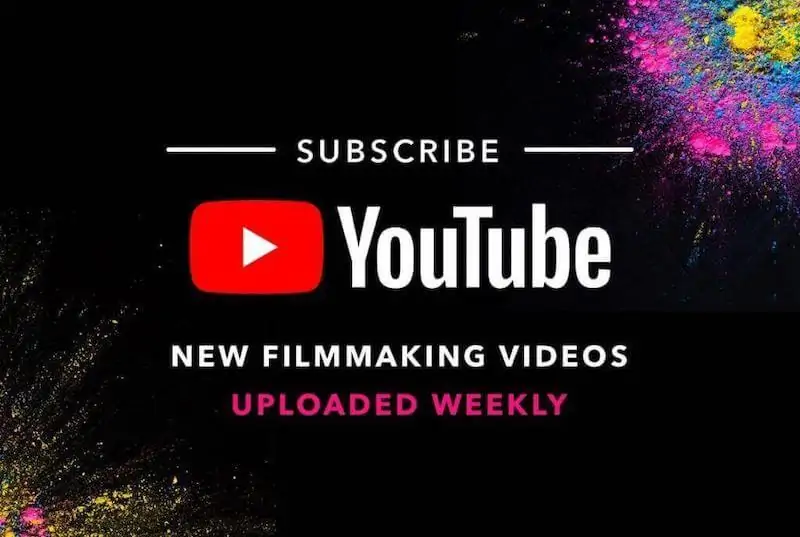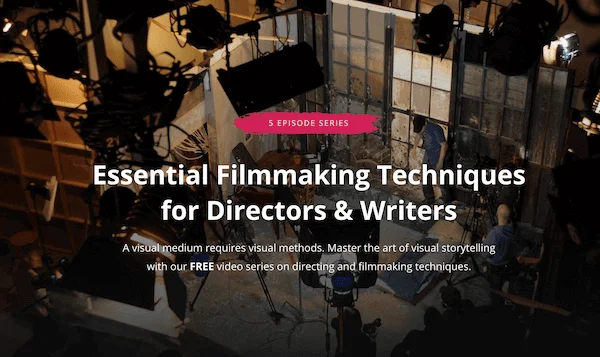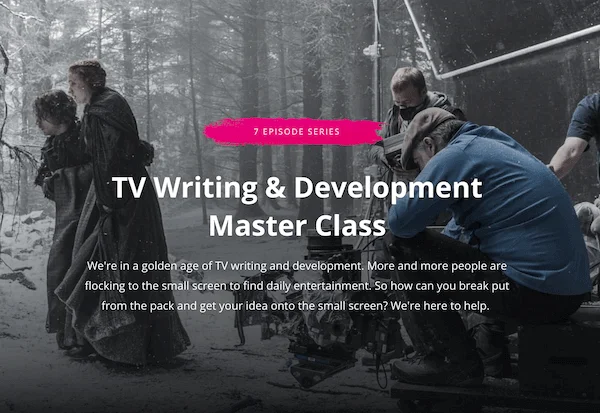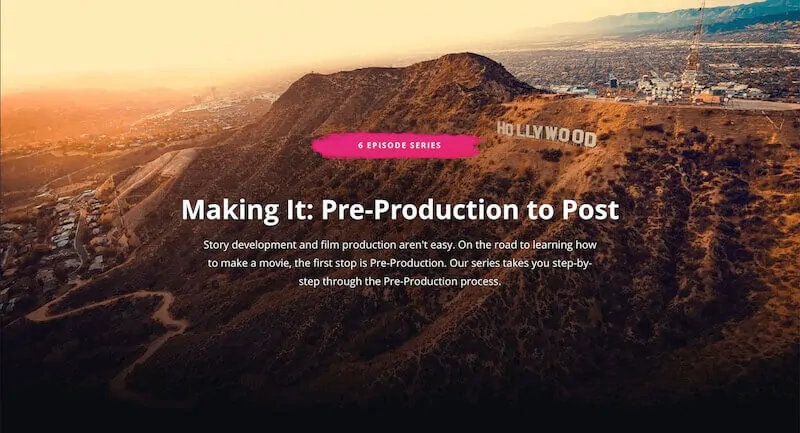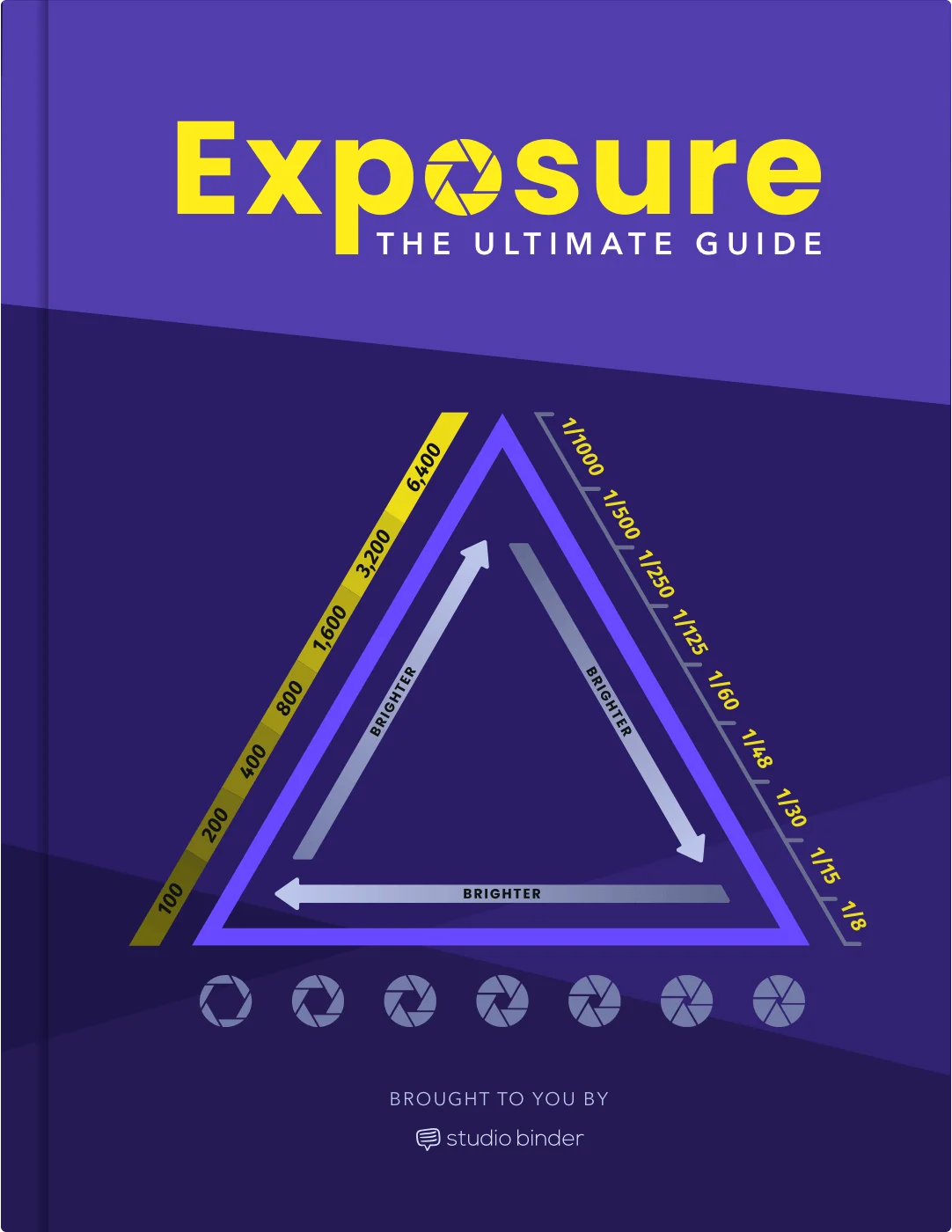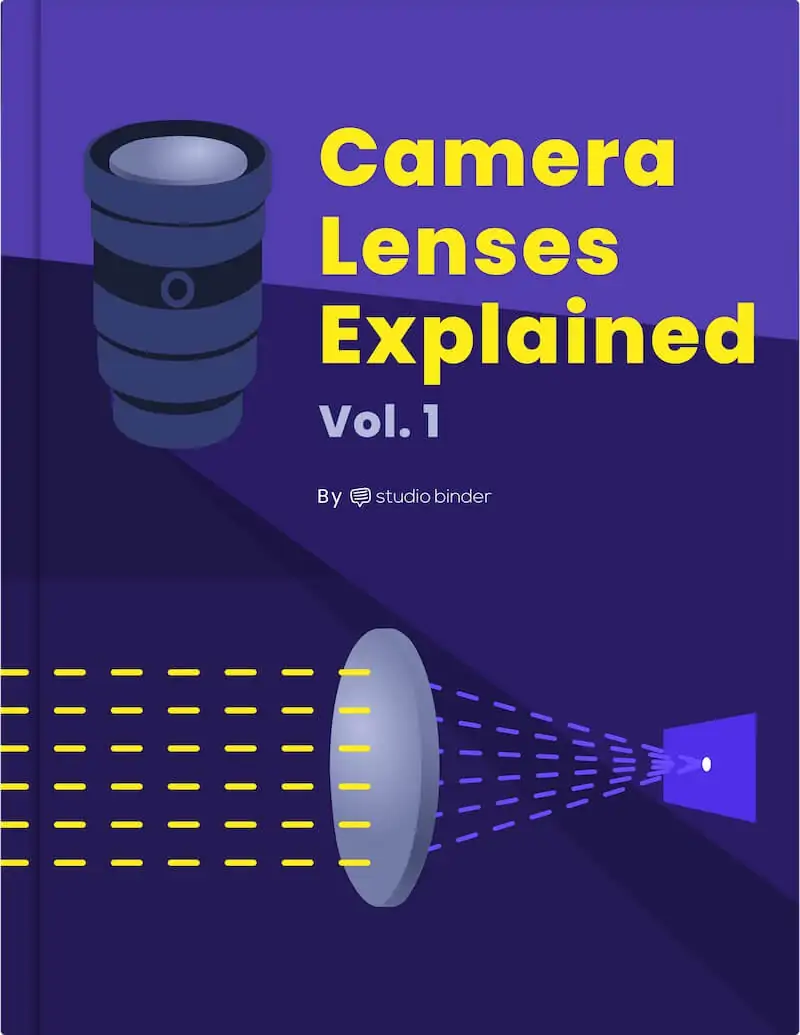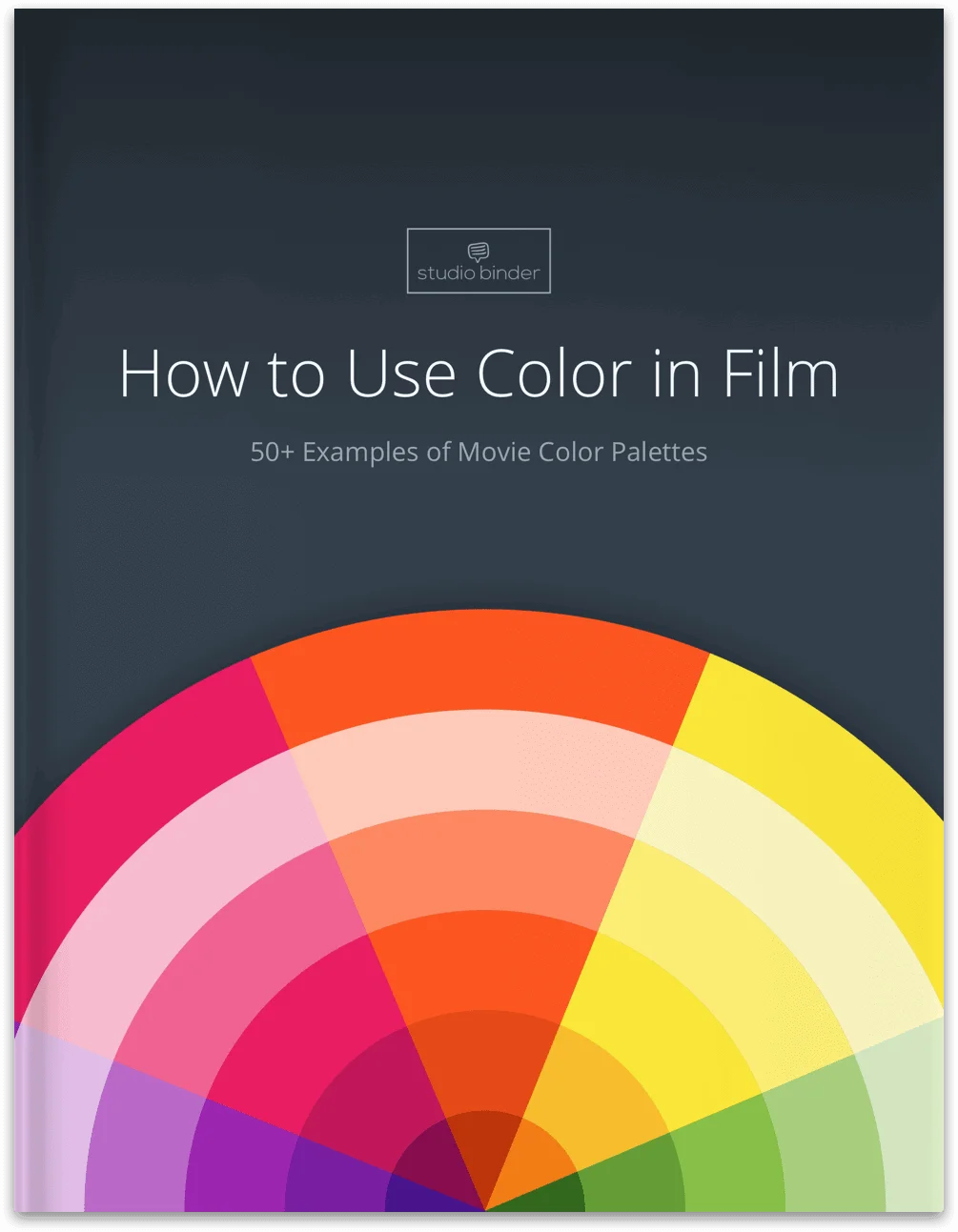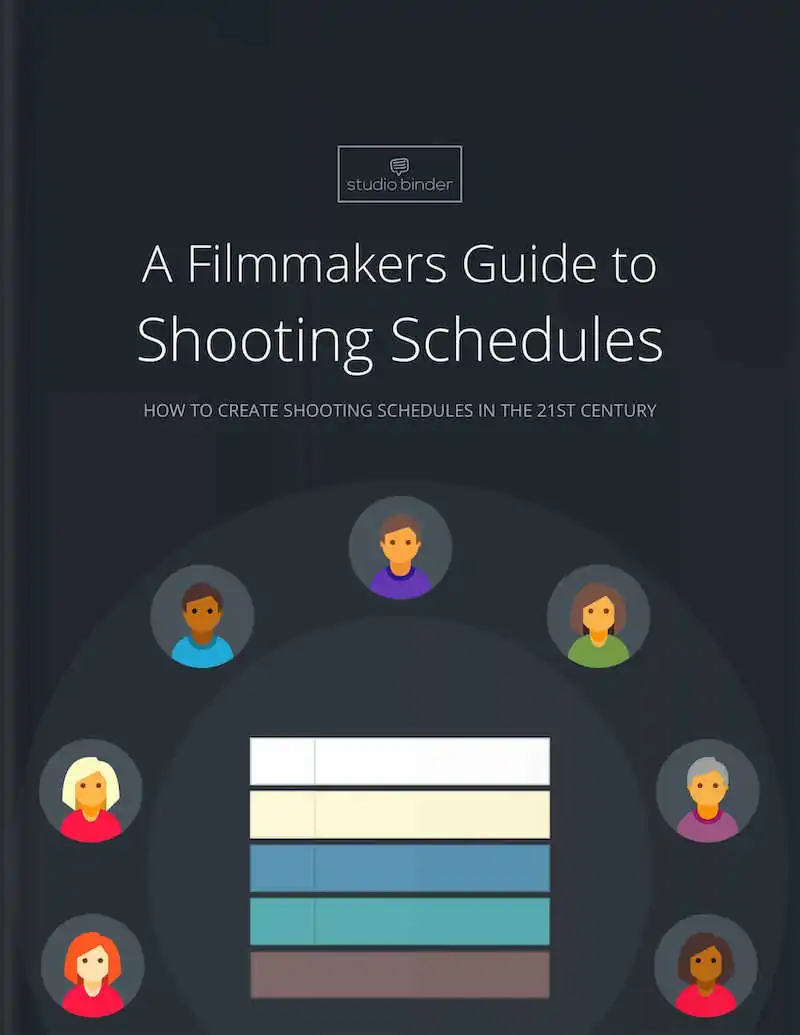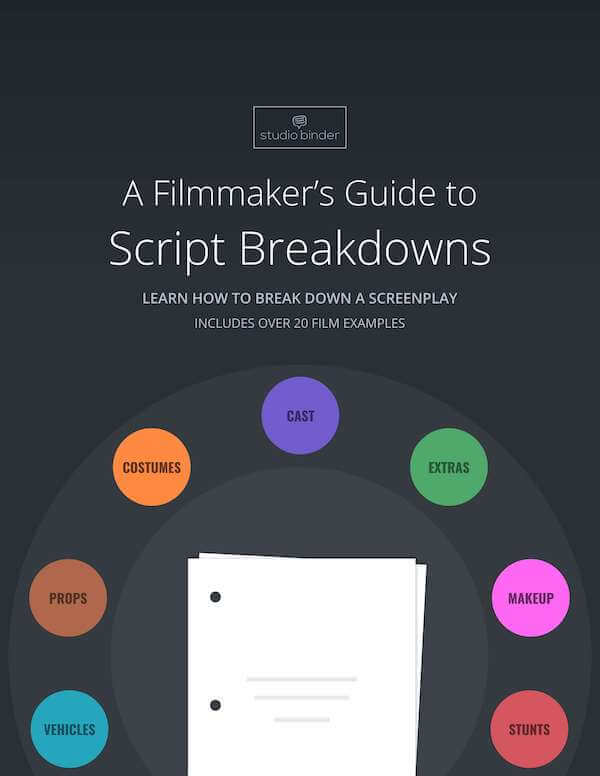An inciting incident is an essential part of every story. But what is an inciting incident and why is it so essential? We’re going to get to the bottom of those questions by defining the term and by looking at examples from Star Wars, La La Land, and more. By the end, you’ll know the inciting incident meaning and how to implement it in your own works.Continue reading What is an Inciting Incident — Definition & Script Examples
Sibilance is a useful alliterative tool that writers use to evoke reactions in their readers. But what is sibilance and how is it used? We’re going to answer those questions by looking at sibilance examples from film and literature. We’ll also define sibilance by breaking down its characteristics.Continue reading What is Sibilance — Definition & Examples For Writers
Negative connotation plays an important role in how we regard words and symbols – but what is a negative connotation? We’re going to explore the meaning of negative connotation by looking at examples in literature and film. By the end, you’ll know how to recognize words, signs, and objects with negative connotations, and how to implement them in your work.Continue reading What is a Negative Connotation — Definition and Examples
To understand appropriate sentence structure is to understand the grammatical building blocks of the English language. By having a strong grip on the structures of your sentences, you will be a more versatile writer. In this article, we’ll break down what sentence structure is, what the four types of sentence structures are, and how to use them.Continue reading What is Sentence Structure — Examples and Tips for Writers
What is tone? To answer that question we have to place tone in an appropriate context. Tone can refer to the intonation/pitch of acoustics, the meeting of light and shadow, the firmness of muscles, etc. — but we’re going to focus on what tone means in storytelling. Tone is how an artist feels towards the art they create — sounds simple enough right? Well, consider this: how do we know how an artist feels? We’re going to explore that question by looking at examples from William Shakespeare, Edgar Allan Poe and more. By the end, you’ll know what makes tone…
What is denotation? Denotation is something we apply every second of our lives, but we rarely give conscious attention to it. Today, we’re going to explore what denotation is and how we can recognize it in film, literature and everyday life. We'll also explore what makes denotation different from connotation. By the end, we’ll know how to recognize the denotation of words and signs like a pro. Continue reading What is Denotation — Definition & Examples for Writers
In speeches, in poetry, in literature, you may have come across a grammatical and rhetorical technique known as parallelism. It is famously known for its use of repetition, its use of emphasis, and its use of persuasion. Writers and politicians use parallelism in different ways for different reasons, as do authors and poets. But what is parallelism? How can you identify it and how can you use it in your writing?Continue reading What is Parallelism — Definition and Examples for Writers
What is connotation? We often hear about how certain things have good or bad connotations, but how do we know? We’re going to answer that question by looking at some examples of connotations in literature and film. By the end, you’ll know how to recognize and apply all sorts of connotations in writing and everyday life.Continue reading What is Connotation? Definition & Examples
All writers aim to engage their audience. And to engage their audience, their writing must be effective. So what are the tricks of the trade to effective writing? There are various elements to great writing, but two fundamental elements are clear communication of ideas and conciseness. One of the best tools a writer has to achieve both is analogy. In this article, we’ll define analogy and distinguish it from other literary devices. We’ll also take a look at some analogy examples in some of the most iconic lines in literature and film and how it has contributed to both. Continue reading What…
There are various literary devices that cross over from literature to everyday language. Perhaps the most commonly used literary device in everyday conversations is the euphemism. Euphemisms can change over time and change between cultures but what is a euphemism? What does euphemism mean? In this article, we’ll take a look at how this literary technique that is used in both writing and everyday language to convey meaning.Continue reading What is a Euphemism — Definition, Examples for All Writers


